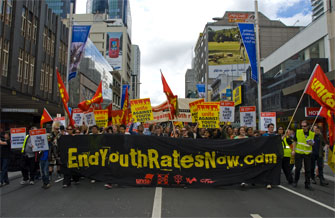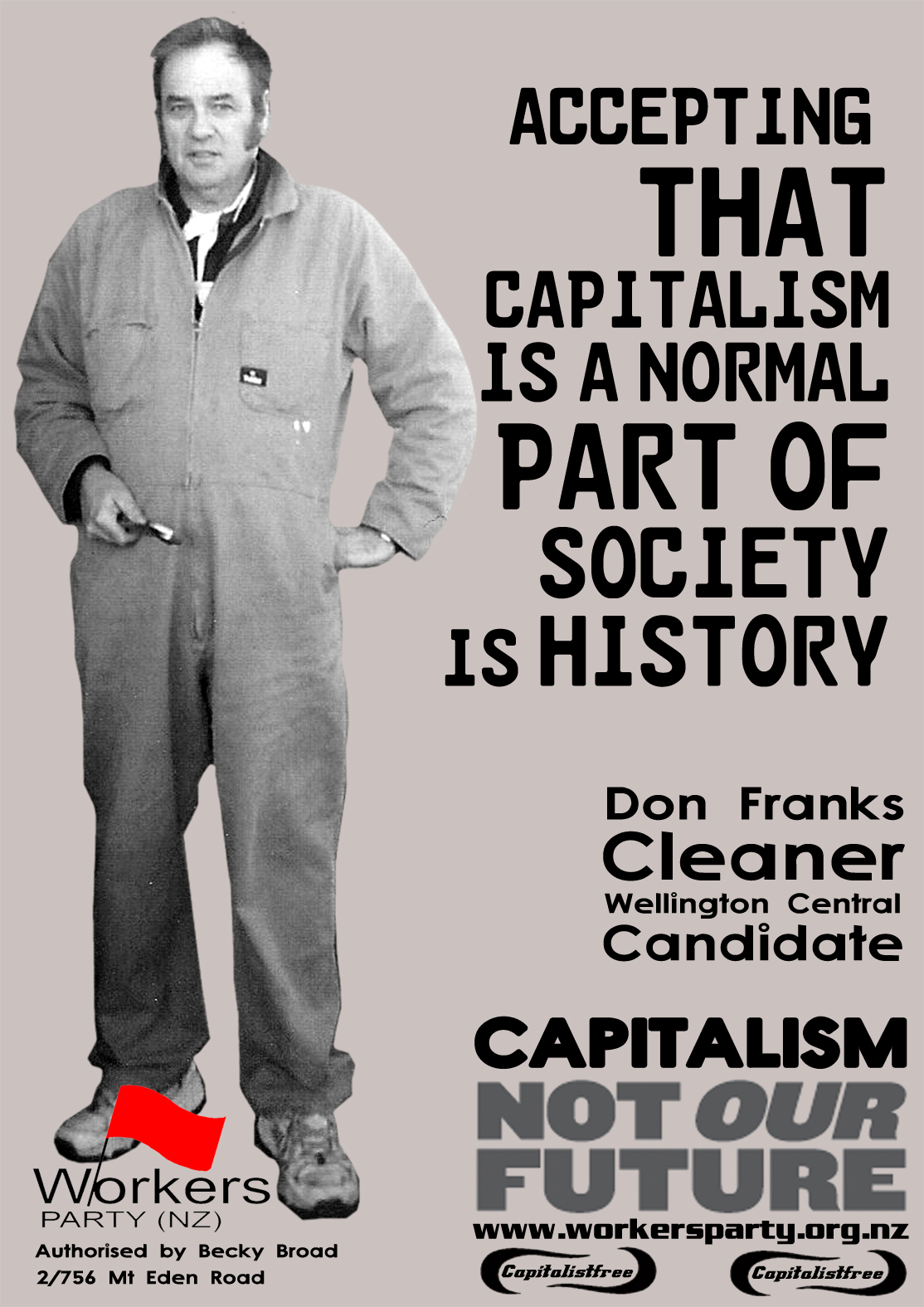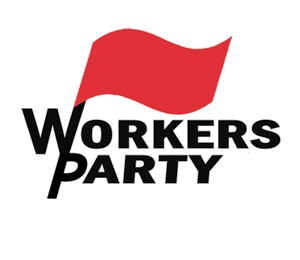– Philip Ferguson
One thing the election and the days since have confirmed is the inability of many on the left to make a sober analysis based on reality and, in particular, the way in which bourgeois politics is related to the economy and how bourgeois politics is centrally concerned with the maintenance of conditions such as social stability which are necessary to the operations of the market. Instead much of the left has cried wolf about the new government, seeing it as a re-run of the 1984-1993 period of ‘new right’ dominance. 
For instance, the headline on the Socialist Aotearoa blog is “RESISTING THE NAT-ACT JUNTA- What is to be done?” Does the author of that piece really believe that we are about to be ruled by a “junta”? Are they unable to distinguish between bourgeois democracy and military dictatorship? If they are able to make the distinction why use terminology that bears no relation to the reality and simply misleads and misorients people?
Although, in the context of a worsening economic situation, there would certainly have to be attacks on the working class, Key is not creating a junta of any kind. In fact, he appears to not even be creating a National-ACT coalition but opting for Clark’s own strategy – a minority government with ministers out of cabinet from what he sees as both the ‘left’ (Maori Party) and ‘right’ (ACT) and support on confidence and supply. The temptation for the Maori Party to go for this will likely be pretty substantial, as Key and co. well know. This was apparent before the election – and was reiterated by Key on Saturday night, by Matthew Hooton on ‘Eye to Eye’ on Sunday morning, by Key again on TV on Sunday night and Monday night. In fact, Key even wants to talk with the Greens. (Since this was written on Monday 11 November, things have moved along further with the Maori Party.) Continue reading “Much of the left crying wolf over Nats”







